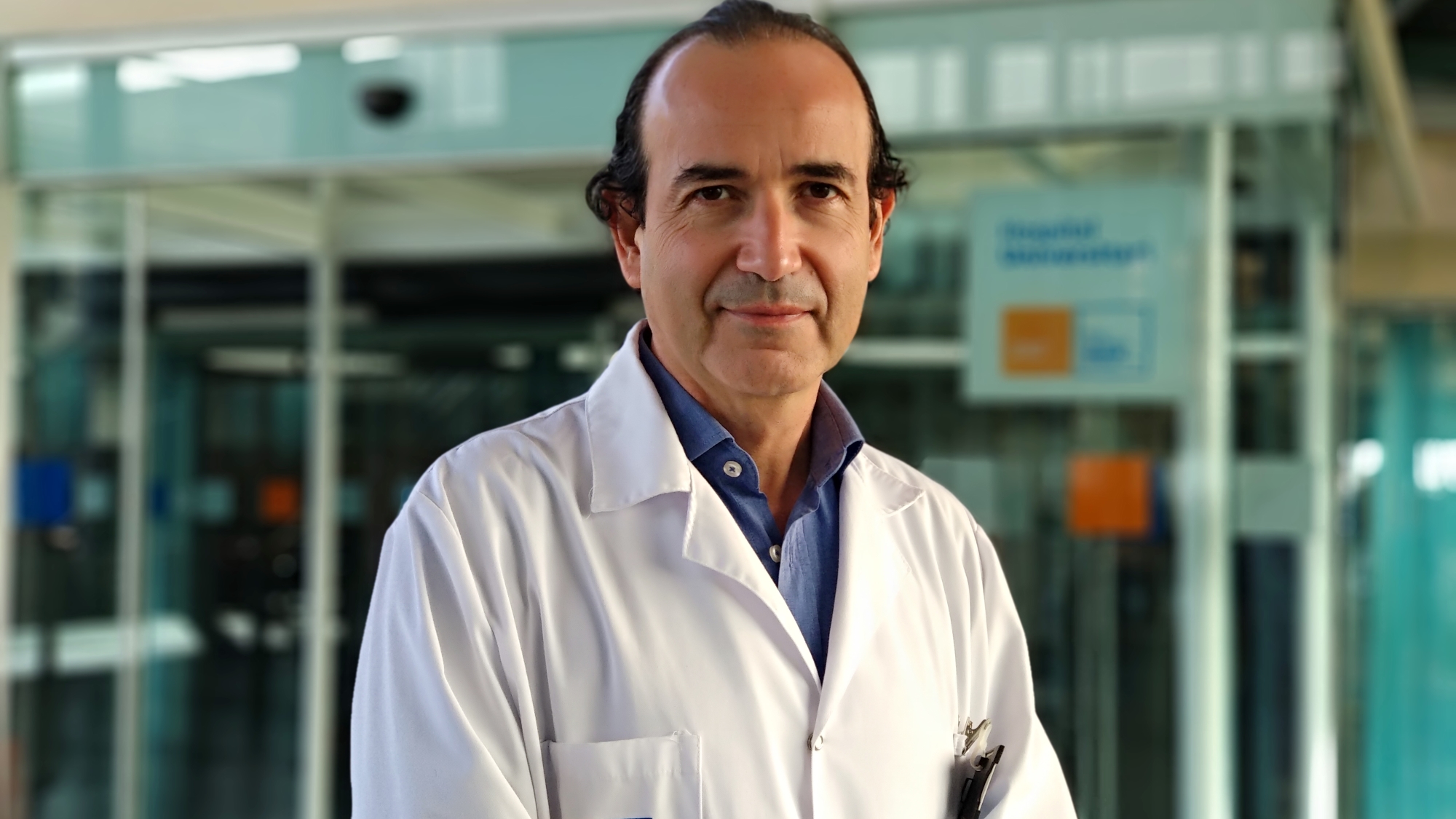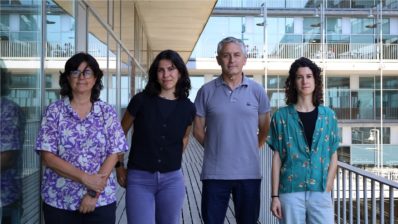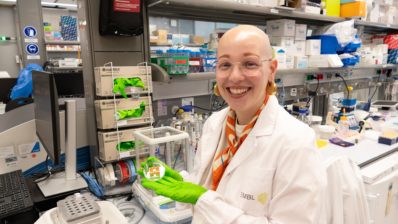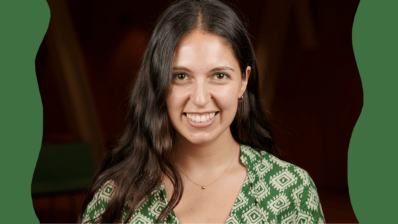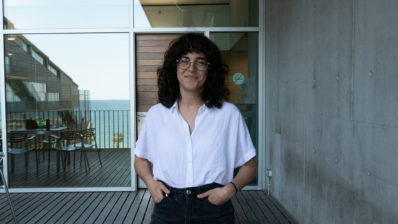Joan Albanell (Barcelona, 1964) studied medicine at the Autonomous University of Barcelona (UAB), and after working in Vall d’Hebron Hospital, Hospital Clínic and the Memorial Sloan Kettering Cancer Centre in New York, 13 years ago he settled in Hospital del Mar as head of the medical oncology service. In addition, he heads up the Hospital del Mar Medical Research Institute’s (IMIM) molecular cancer therapeutics research group and is a Pompeu Fabra University (UPF) lecturer. Married to an oncologist and with three children, Albanell tells us about his career and the latest news in breast cancer.
What does healthcare bring to research and vice versa?
The basis of medicine is healthcare. Once this is being done to a high standard, we can add research. In our context, working in oncology, in a university hospital linked to the IMIM, we try to get everyone to do at least a little research, whether basic, in diagnosis and innovative treatments, or clinic oriented. The important thing is that between all of us at the unit we fulfil the research, healthcare and teaching objectives.
“At our unit we do research, healthcare and teaching”
You do all three. How do you manage?
I am involved in all three, but the majority of my work is none of these – it’s admin! Everything I do is thanks to the great teams I’m part of. In several areas of research some of them lead, in fact I couldn’t do it without them. As far as the classes are concerned, I am responsible for some areas, but we teach and coordinate an inter-university Master’s degree together. And I love the healthcare part, but I don’t do much because my responsibilities are more general and strategic in scope!
With regard to the healthcare part, how can possible post-cancer sequelae be avoided?
To begin with, by doing things right the first time: giving a good diagnosis, the right treatment, and the right information about what to expect in the long term. Doing this systematically is already a very important step. From here, we study the cardiovascular consequences of certain therapies, or the effects of hormonal treatments on the bones. We also focus on psychological support and activities like exercise, yoga, mindfulness, and so on, under the common umbrella of the Amics del Mar Foundation as part of the “A Respite for Cancer” programme.
What have the major advances in breast cancer been in the last 10 years?
Each cancer is different, and so are its treatments. But what is certain is that much progress has been made, and continues to be made. In Her2+ cancers with metastases, the standard treatment is now a drug that combines antibodies and chemotherapy. This involves a Her2 monoclonal antibody with chemo ‘stuck’ to it. This recognises Her2+ cells, enters and releases the chemo; a kind of Trojan horse that carries the chemo to a specific type of cell.
As for triple negatives, the effectiveness of immunotherapy was demonstrated for the first time in October. It is wonderful news, because these tumours had the fewest treatments available.
Finally, there is the hormonal subtype +/ Her2-. In these, we have established ovarian suppression and the extension of hormonal treatment for as much as 10 years, and we have consolidated the genomic platforms that help rule out chemo when it is not going to be effective. More recently, CDK4/6 inhibitors have been developed. These are pills that reduce tumour progression in cases of Her2-negative metastatic breast cancer.
“Women who have had the very early stages of breast cancer can even live longer than women who have never had the disease”
Is cancer still a taboo?
We talk about it a lot more, but the word is still scary… probably because it is too generic; there is not only one type of cancer, and each subtype, each stage, is different. If detected very late, it can be fatal, yes, but women who have had the very early stages of breast cancer can even live longer than women who have never had the disease.


